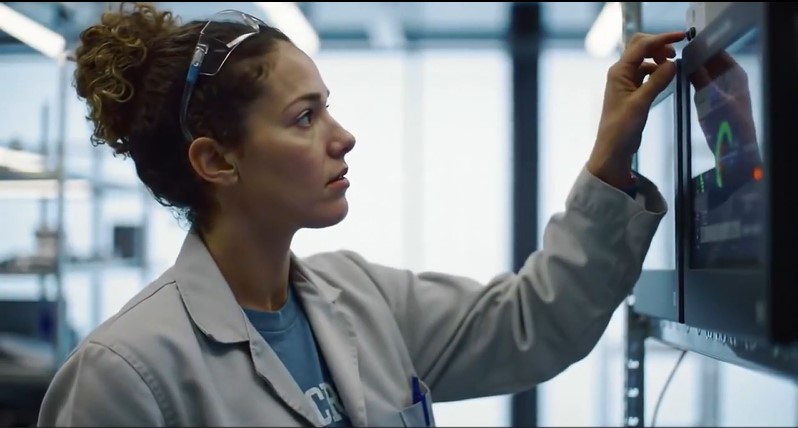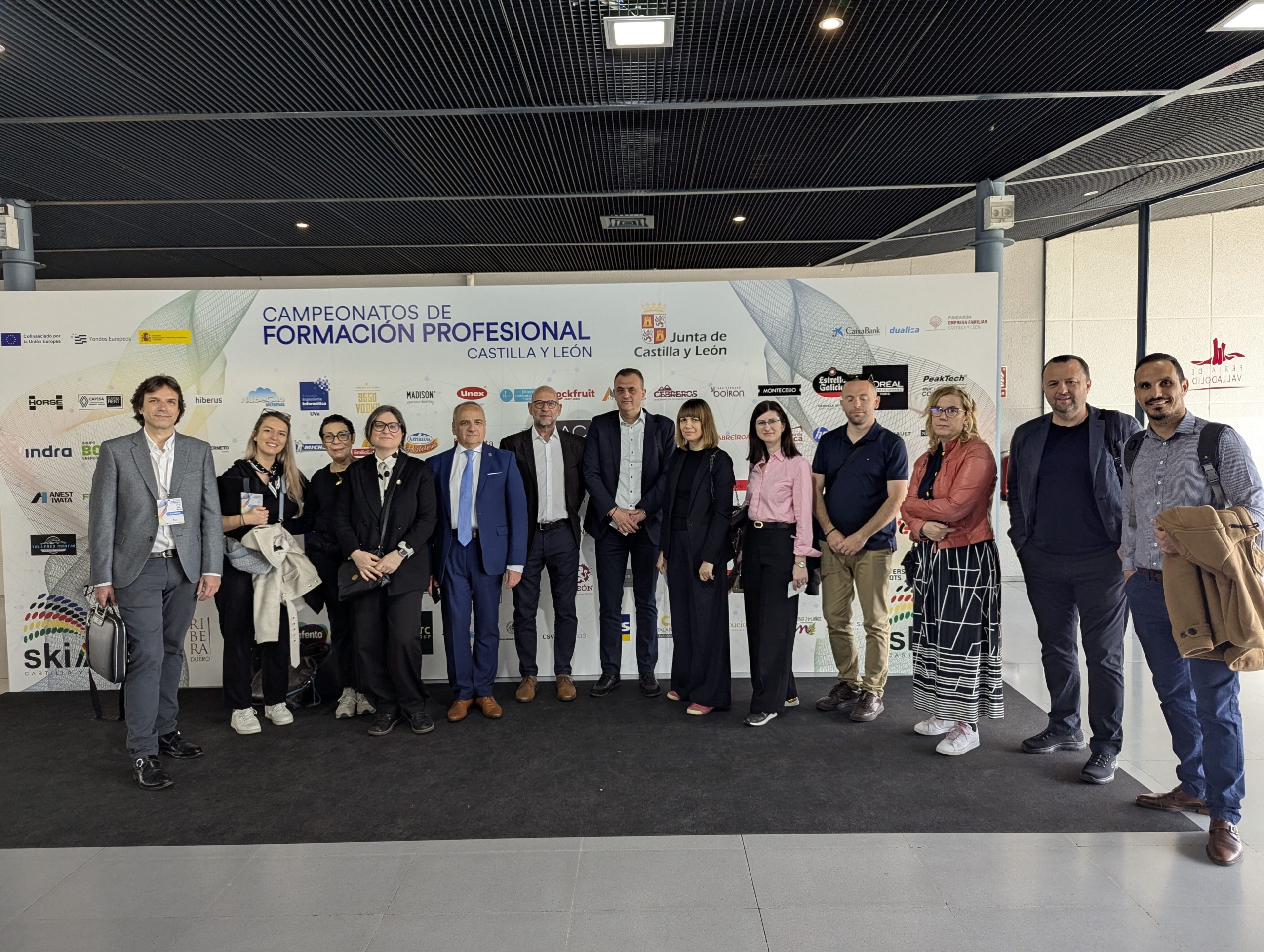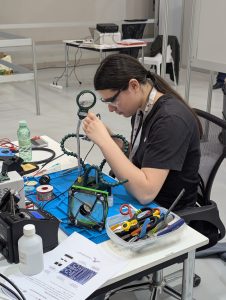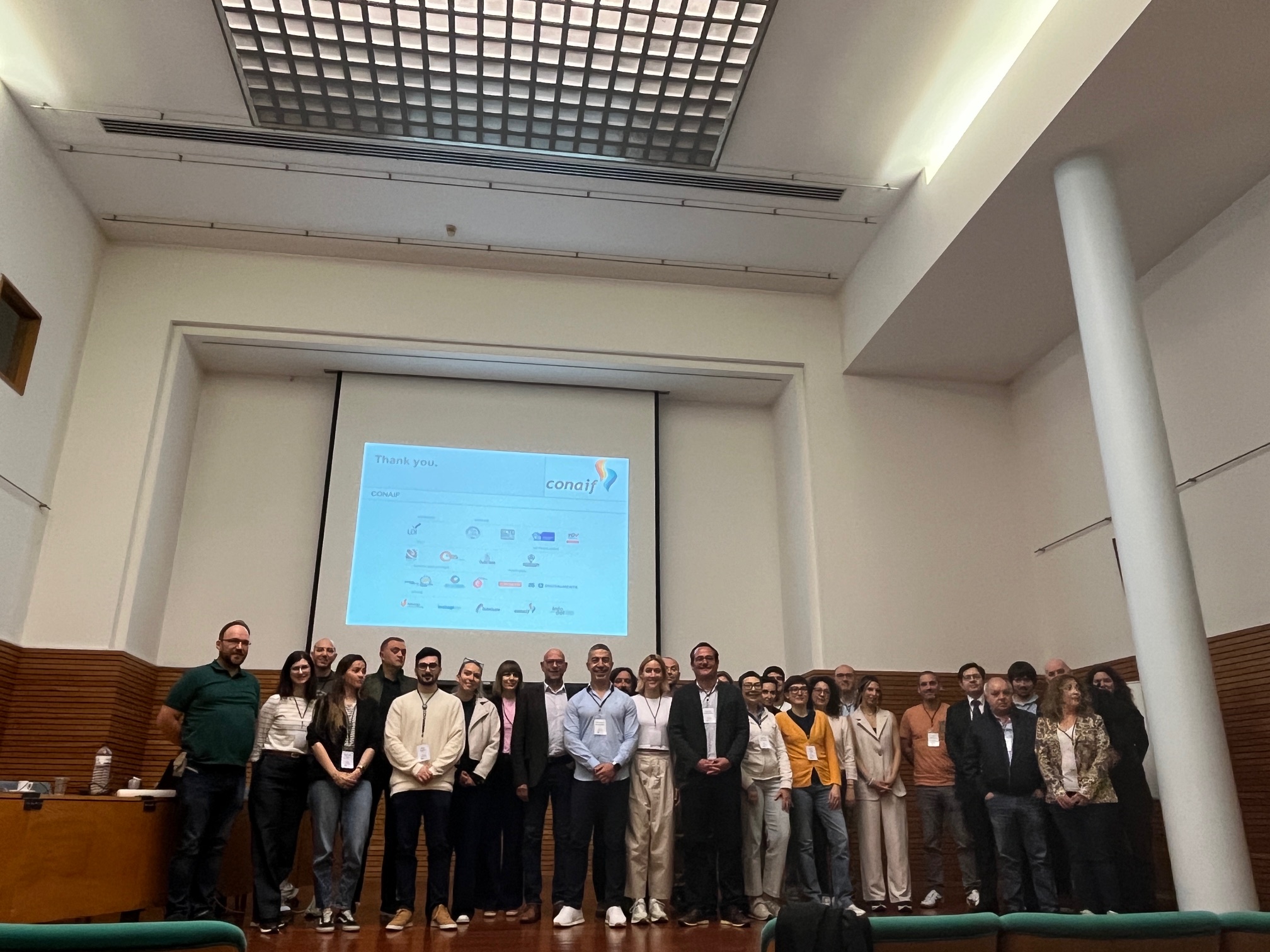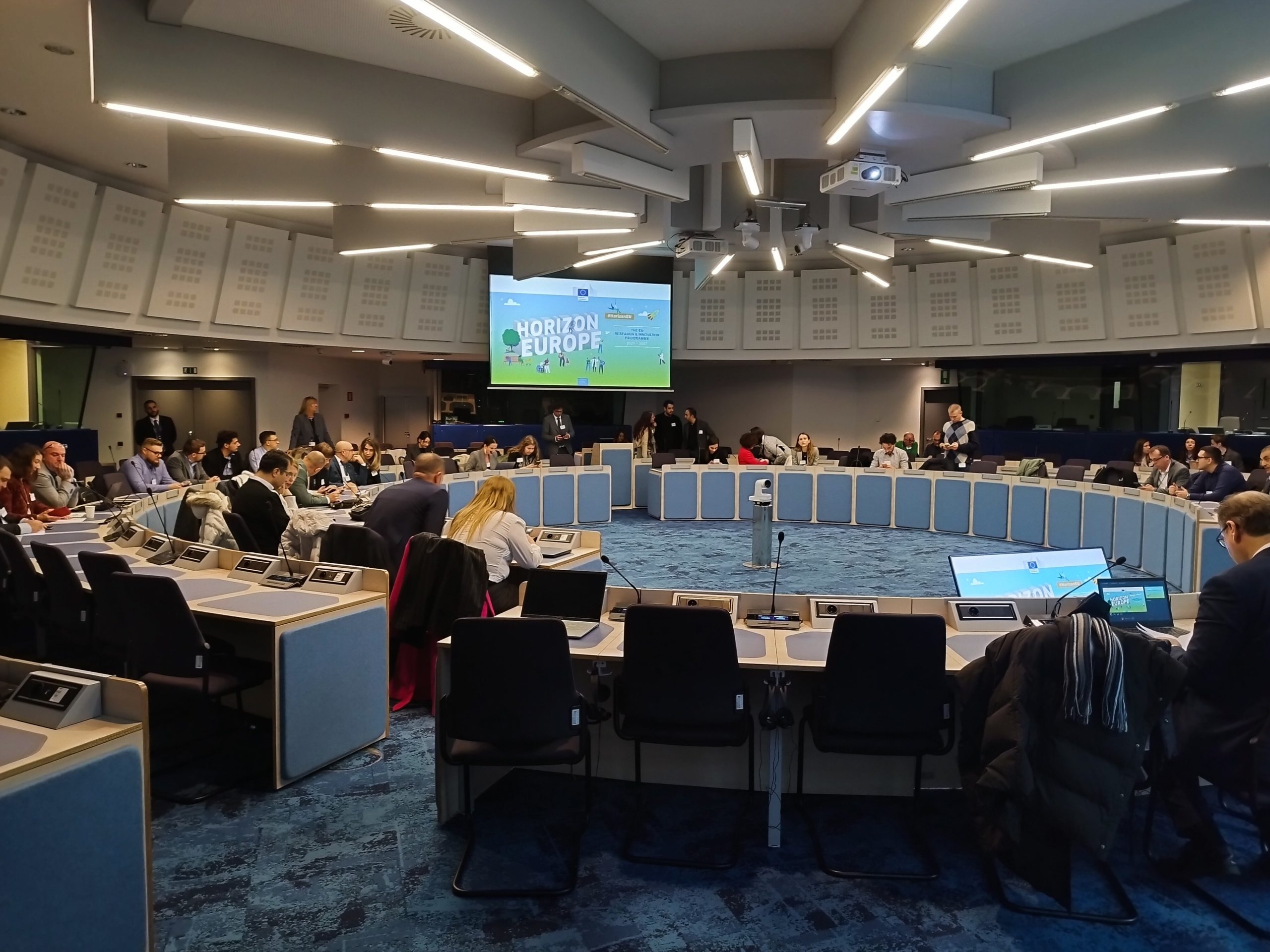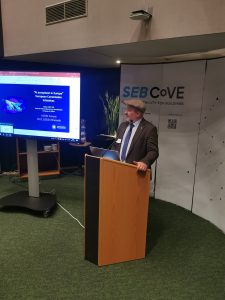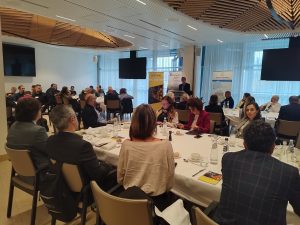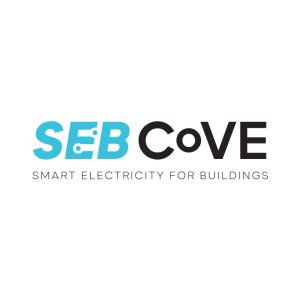The Erasmus+ project titled “Creation of E-Guidance via an Innovative Set of Toolkit for Professional Know-How Enhancement at VET” (Project Number 2024-1-TR01-KA220-VET-000246582) successfully held its kick-off meeting on April 28-29, 2025 at Kahramanmaraş Sütçü İmam University (KSU) in Türkiye. This significant event brought together representatives from eight partner organizations, including KSU, TSOML, LPU, HMKU, INFO, ECTE, ZIK, and ALOES, laying the foundation for a collaborative and impactful initiative in vocational education and training.
The two-day meeting aimed to set the tone for the project’s ambitious goals, which focus on enhancing the professional know-how of VET (Vocational Education and Training) professionals through innovative digital tools and training modules. The agenda was packed with crucial discussions, including partner introductions, development of a gamification module, financial planning, social media strategy, dissemination, and the creation of a dedicated project web page. These topics reflect the project’s commitment to providing cutting-edge resources that bridge knowledge gaps and improve the overall quality of vocational training.
Participants had the opportunity to engage in interactive sessions, strengthening their professional networks and exchanging valuable insights. The collaborative atmosphere encouraged open communication, ensuring that each partner’s unique perspective contributes to the project’s success. Discussions also covered the technical and financial challenges of implementing the project, fostering a shared understanding of the project’s long-term impact.
Beyond the formal sessions, the meeting also included cultural activities that provided participants with a deeper appreciation for the local culture of Kahramanmaraş, reinforcing interpersonal bonds and promoting mutual understanding among the diverse group of attendees.
As the project progresses, it aims to empower VET professionals by providing cutting-edge resources and innovative solutions that address the evolving needs of the education sector. The next steps include refining the gamification module, finalizing the financial framework, and expanding the project’s online presence to reach a broader audience.


